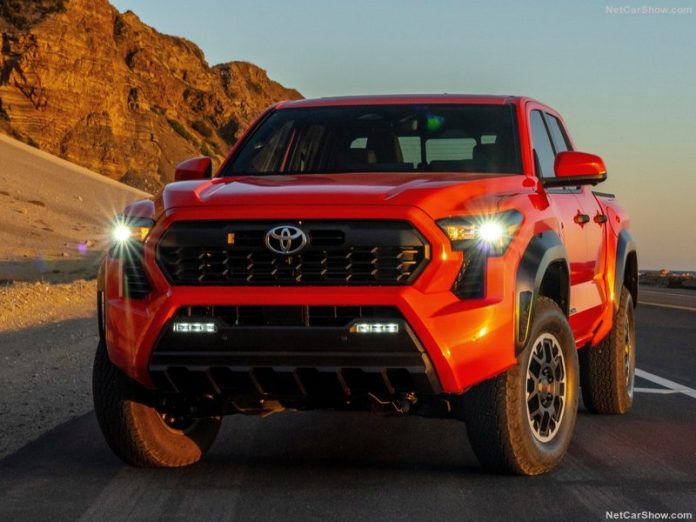Nigerian Cars Market in 2024 is experiencing double-digits losses. Sales in September totaled 752 (-31.8%), posting the 4th negative month in a row. YTD amounted to 9,201 registrations (-4.3%).
Market Trend and Outlook
Nigeria is a multi-ethnic and culturally diverse federation of 36 autonomous states and the Federal Capital Territory. The political landscape is partly dominated by the ruling All Progressives Congress party (APC) which controls the executive arm of government and holds majority seats at both the Senate and House of Representatives in parliament, and majority of the States.
Toyota mantained leader position with 1,939 sales (+22.6%). Innoson was close behind with 1,477 sales (+16.6%). Hyundai closed the top 3 with 1,147 sales (+16.6%).
Medium-Term Market Trend
Until 2014 the market grew steady, eventually hitting the 57,000 units record for new vehicles. At the end of that year, the Nigerian Automotive Industry Development Plan was created matching the Brazilian’s one in which the government rather than “invite” to produce locally, “forced” car-makers to appoint local facilities wishing to be part of the “party”.
In the first two following years, the government released almost 30 licenses, while the domestic market collapsed, falling to 11,743 units in 2017 due to the deep economic crisis generated by the fall in oil price and the poor domestic demand.
In 2018 the market started to recover, considering the level was near 20% of the 2014 level. Sales grew up at 19,545 and the first group of car manufacturers started to open small local plants to supply the domestic market. In 2019 the light vehicles market was back in difficulties, following the fast recovery shown in the previous year and sales declined 40.3% at 11,663 units, the second-worst level in the last decade.
The Nigerian new light vehicles market seems unable to recover after the series of negative facts which impacted severely the market in the last years. In 2020, the modest growth of the economy was killed by the combined effects of strict social distancing measures and widespread travel restrictions due to covid19 and the fall of oil prices in the international market.
Since 2021 the market is growing, however remaining at negligible level for the country most populated of the African continent.
In 2023, the market grew for the 3rd year in a string. Total sales reached 13,304 (+18.9%) the best out of the last four years.











